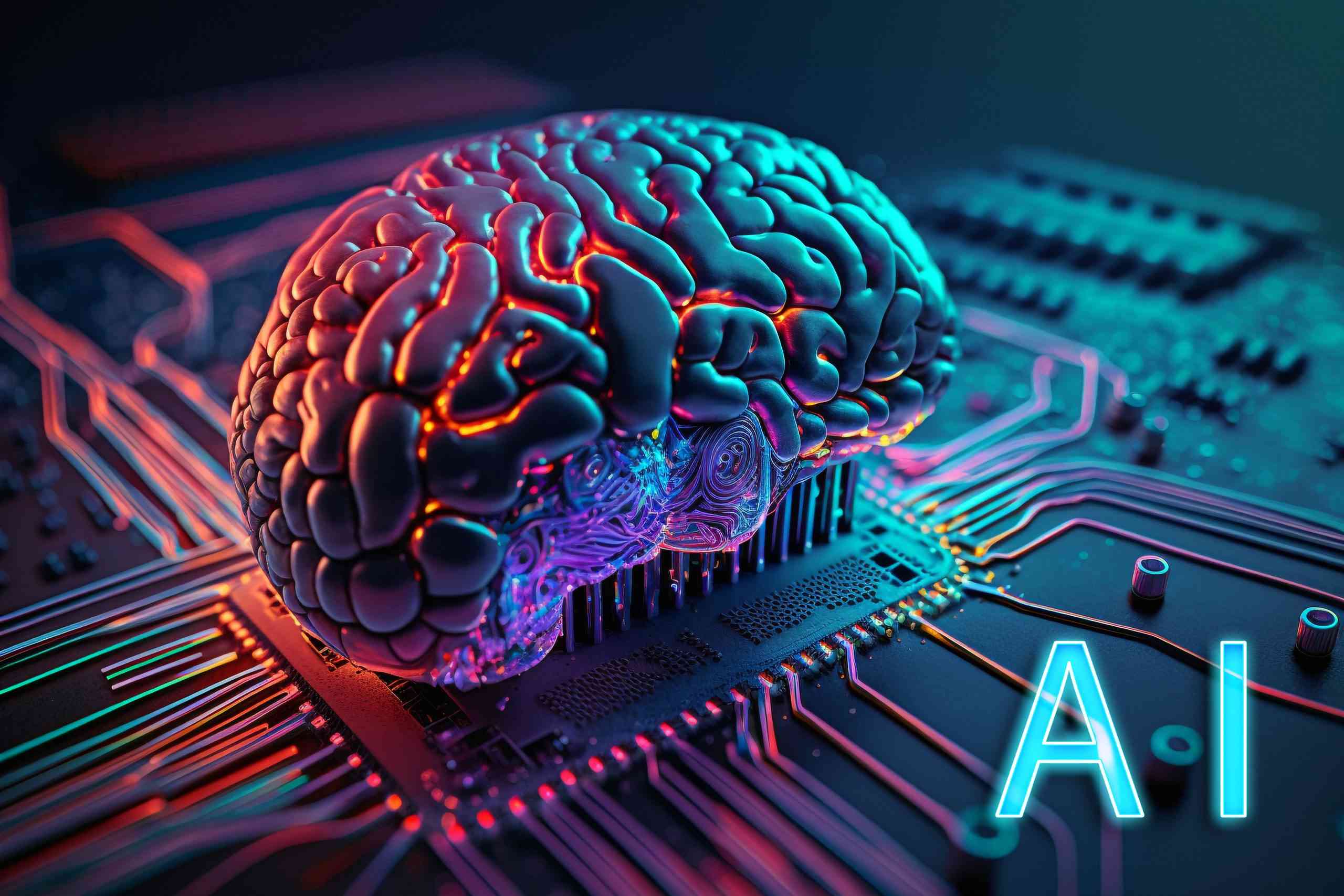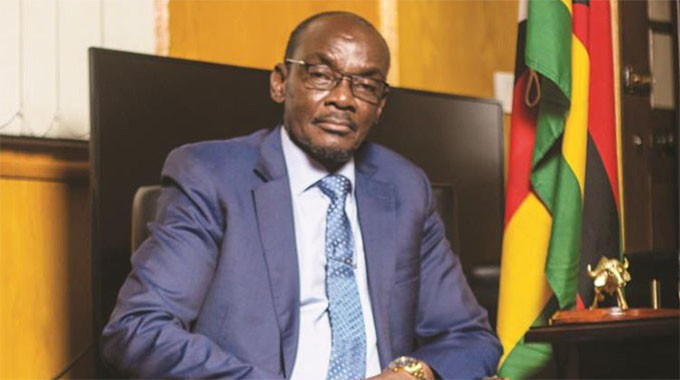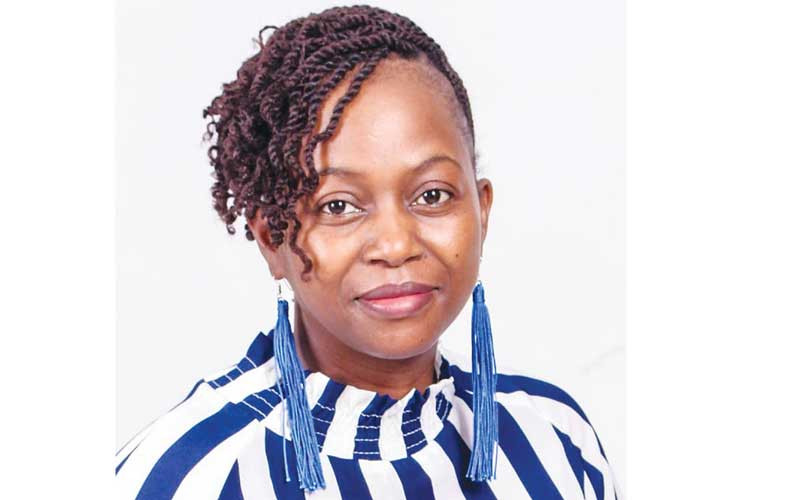
RACHELLE Anesu Chaminuka’s provocative piece The Silent Theft? How AI is Exploiting Creators under the Guise of Innovation, published in the NewsDay edition of July 28, could not have come at a better time.
Her concerns about the unchecked power of artificial intelligence (AI) reflect a wider cultural unease that is now reverberating across Africa’s creative communities.
As we stand at the intersection of innovation and identity, her reflections resonate deeply with this year’s National Arts Council of Zimbabwe theme Promoting Indigenous Voices.
AI is here and it’s here to stay.
Yet while its benefits are tangible and enable faster creation, broader reach and increased efficiency, the costs are increasingly being borne by artists who often don’t know their work is being consumed by digital machines without consent, compensation or recognition.
The promise and the peril: A double-edged brush
Take the case of Zimbabwean visual artist Chipo Zvavahera, who is using AI to enhance her artistic practice.
For her, like many others, AI opens new realms of expression which include and are not limited to quick prototyping, style transfer in addition to conceptual ideation.
- Harvest hay to prevent veldfires: Ema
- Public relations: How artificial intelligence is changing the face of PR
- Queen Lozikeyi singer preaches peace
- Public relations: How artificial intelligence is changing the face of PR
Keep Reading
Yet behind these gains lies a growing vulnerability and that is, the loss of copyright ownership and the weakening of intellectual property protections.
Much of the AI technology being used by African artists is trained on massive datasets that do not include local legal safeguards or cultural contexts.
In using these platforms, many artists unknowingly feed their work into systems that may later reproduce or remix it without their permission.
Without robust digital rights management, AI becomes a silent thief appropriating the essence of a creator while leaving behind no trace of credit or compensation.
Global lessons, local responses
China offers a compelling model for how AI can be used ethically and effectively in cultural preservation.
The tech company Rokid, for example, has successfully digitised elements of Chinese heritage for the Zhejiang and Beijing museums.
Through AI, centuries-old artifacts and rituals are not only archived but brought to life for new generations.
This is an example of culturally aware AI — technology that respects the past while innovating for the future.
The intellectual property crisis
What many African artists and institutions face today is a failure of infrastructure: our copyright laws, developed before the AI era, are inadequate for the demands of today’s digital world.
The existing frameworks do not fully account for AI-generated content, nor do they protect creators from algorithmic exploitation.
AI tools often learn by ingesting and replicating existing works.
If an artist’s painting, poem or song is fed into an AI engine, who owns the result? The programmer? The company that built the AI? Or the original creator whose work was the foundation?
These questions remain largely unanswered in African legal systems.
The consequence? A quiet erosion of ownership. Policy reform must begin now.
AI as a tool for cultural revival — if we shape it ourselves
Despite the risks, AI holds immense potential to preserve and revitalise African cultures.
It can document endangered languages, generate new learning tools, translate texts into indigenous dialects and digitally preserve rituals, art forms, and oral traditions.
But for this to work, AI must be culturally aware and locally grounded.
This means building AI systems that reflect African languages, ethics and philosophies.
It means including elders, anthropologists, linguists and artists in the development process.
Our technologies should not merely echo Western data, they should embody Ubuntu, communal wisdom and the oral traditions that have sustained us for centuries.
Moving forward: African agency in the age of AI
Governments have a decisive role to play.
They must fund research in ethical AI, mandate the use of indigenous languages in digital systems, and develop public databases of local culture that are protected and accessible.
Let Zimbabwe’s artists not be cautionary tales, but pioneers.
Let our institutions not be archives of what was lost, but incubators of what can be preserved.
The tools are here. The wisdom is ancient. The moment is now.
In the age of AI, cultural survival is not automatic, it is a choice.







